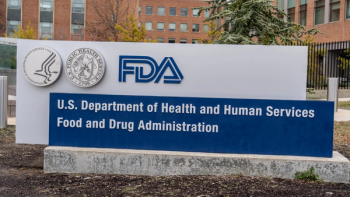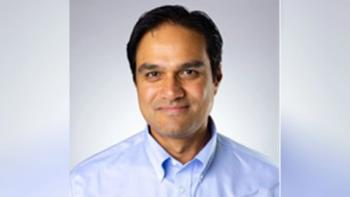
A doctor's sales do's and don'ts for reps
A physician looks at the best way to approach a sales call.
To help reps understand what makes doctors tick, I've put together this simple list of do's and don'ts for salespeople.
Do listen to what we say
By far the most common mistake that sales reps make is not listening to what doctors say during a sales call.
The problem is that most reps are too caught up in their organized routine to make an effective sales call. Many salespeople write out pre-call plans and visualize the call before going in. They have memorized their material and have a list of points that they want to - or have to - make.
While pre-planning is good, too much can be bad. Some reps may feel compelled to get it all out and make every point. Thus, they continue with their spiel even if the doctor asks a question that indicates he or she is interested in something else.
Instead, listen to your doctors! Physicians will tell you what they are interested in and what they want to discuss. Be flexible. You don't always have to follow your call plan.
Don't question our treatments
The worst question devised by the sales world is, "Doctor, tell me how you treat [a specific condition]?"
Most doctors cringe when they hear this loaded question. Think about it: No matter what we doctors say, you'll tell us we're wrong and that you have a better way to treat our patients. Have you ever heard a doctor admit to treating a patient incorrectly?
And another thing: Where do you get off telling us how to treat patients? How many patients have you treated with your drug? Doctors know you're not an expert on treatment nor are you qualified to tell us how we should treat patients.
Instead, quote an article and tell us how the authors of the article treat a particular condition with your drug. Then ask us if the authors' recommendations could fit with our patients.
Don't use lingo
Doctors see all salespeople the same. It doesn't matter whether they are selling Amway products, used cars, insurance or drugs.
The reason: Doctors are the most over-solicited target market in the United States. Add to this the fact that all salespeople use the same sales techniques and lingo. (Don't be fooled into thinking that the sales strategies you are taught are unique to the pharmaceutical industry. All salespeople use them.)
Some of the latest lingo is, "Doctor, can I have your commitment today that you'll use my drug on the next 20 patients?" Be warned if you use this technique: Another sales rep probably asked the doctor the same question yesterday.
Try to separate yourself from the other reps out there, because doctors don't have a very high opinion of salespeople.
Do it the way we do it
When doctors say they'll give you a minute or two, some reps take this as a sign of disrespect. But doctors are really just asking you to communicate on their level. Physicians typically talk with each other in one- to two-minute bites.
But don't try to compress your scripted call into one or two minutes. Instead, simply tell the doctor about your drug, quote an article on its use and ask if the drug could fit into his or her practice.
Cut out all the sales lingo and just bottom-line the call like it was straight from the package insert. Your doctors will appreciate it. PR
Newsletter
Lead with insight with the Pharmaceutical Executive newsletter, featuring strategic analysis, leadership trends, and market intelligence for biopharma decision-makers.




